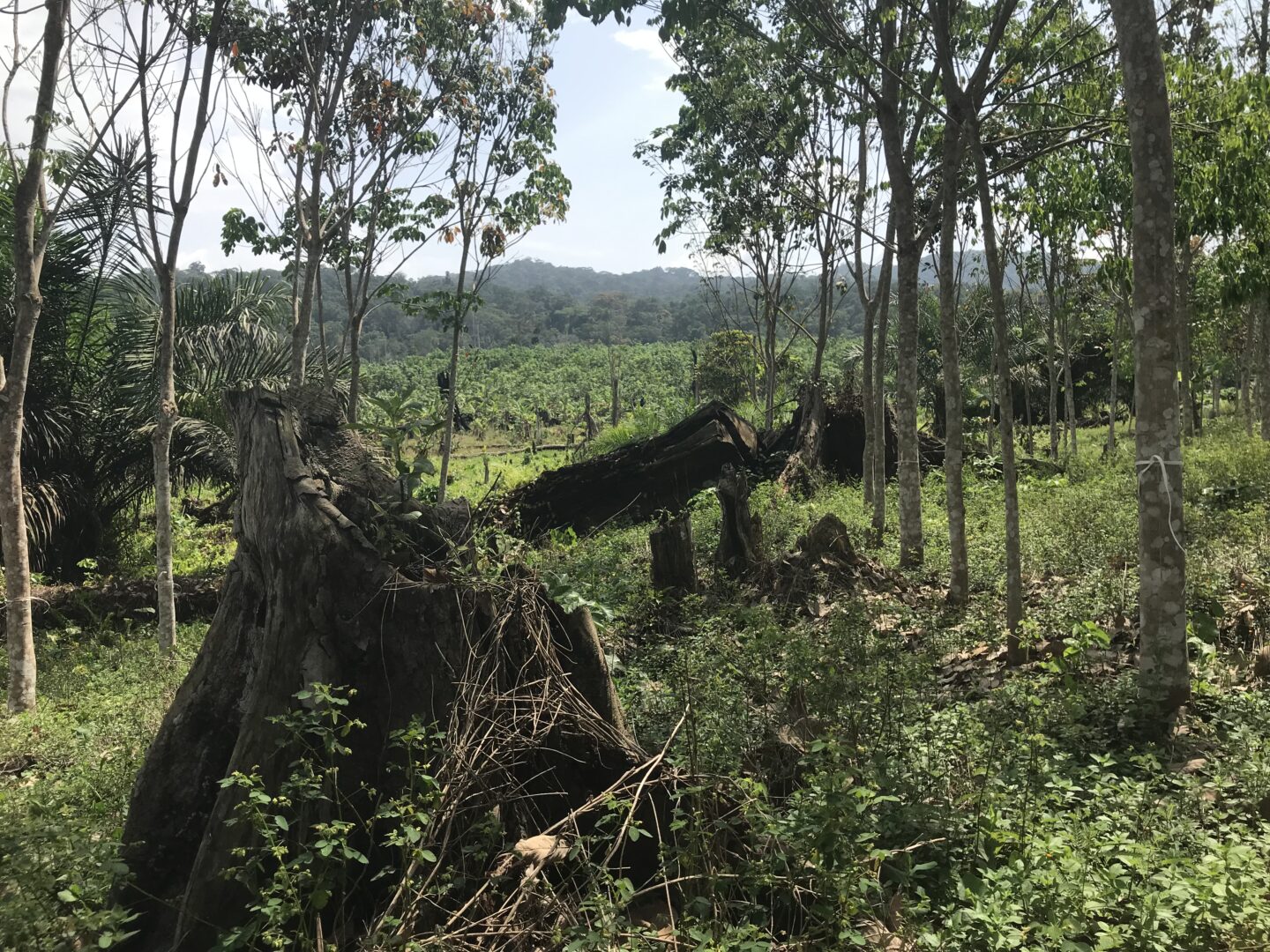“We are being poisoned,” the Indigenous communities told me upon my arrival at the huge Sudcam rubber plantations in Cameroon, central Africa. “Our forests are gone,” they said. “Everything we used to live off is gone. What will we do now?”
The plantations belong to Singapore-based Halcyon Agri, the world’s largest natural rubber supplier. The 2019 visit was part of my investigation into the company’s supply chain for my former employer, Mighty Earth, a global advocacy organization working to defend the environment.
As I crossed back roads and hiked forest trails in Cameroon, I observed extensive deforestation, loss of biodiversity, and the destruction of culturally significant indigenous land – all caused by the plantations.
But I also saw an opportunity: to go beyond naming and shaming Halcyon to help the company to clean up its act. While many corporations think environmental campaigners exist to make business leaders’ lives a misery, Halcyon was willing to engage…



 Audio available
Audio available